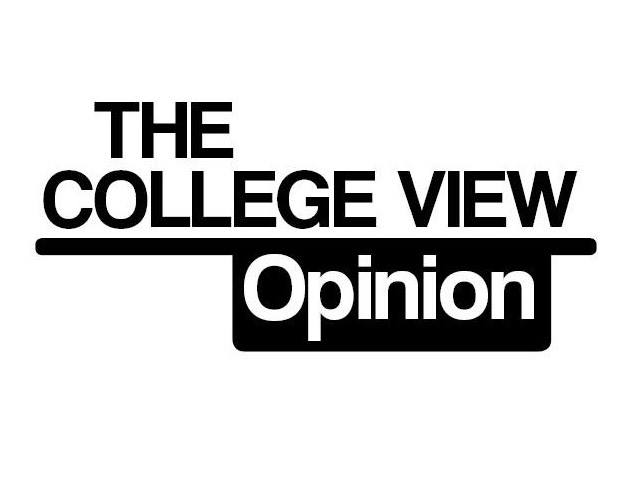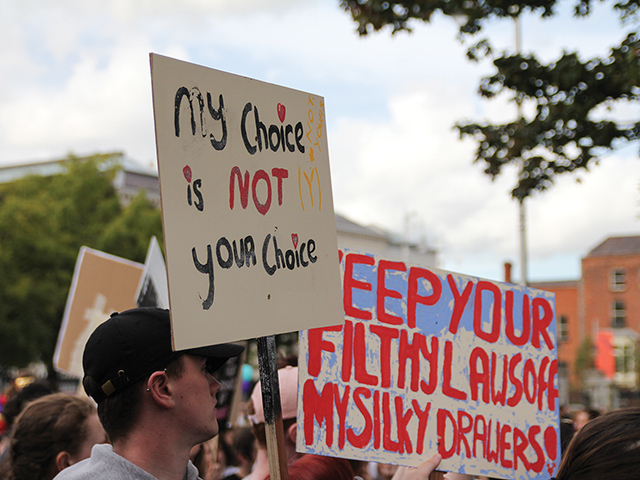
Every week or so a new opinion poll comes out cementing the reality that the majority of Irish people have no confidence in any of the political parties. As with all phenomena of this nature, there are party-specific reasons – Fianna Fáil is in the dog house over its role in the economic collapse, Sinn Féin has too many bodies hidden in the closet, the former ULA members are too extreme for most people’s palates, and the Government parties have broken numerous election promises and are implementing unpopular policies to boot.
But while the unpopularity of specific parties undoubtedly exacerbates this phenomenon, behind it all lies a serious distrust in our political apparatus. This distrust, a closer analysis reveals, is well-founded. You see, we elect our politicians to create and implement policies. They are the ones we expect to make the major decisions that will effect our lives, on anything from taxation and public expenditure to justice and policing. Except these very politicians aren’t the ones who really make these policies.
Now and again a politician will in fact go through the trouble of researching a bill and writing it themselves – especially if it’s an issue they were quite passionate about, but more likely it will be one of their advisers (whom we don’t elect) or as is becoming all too common nowadays, it will be an ‘expert group’. Why is this the case?
It is too easy to dismiss politicians as lazy creatures, looking for an easy way out of doing the hard work themselves. No doubt there are a few indolent sods, like there are in any profession, but to tarnish the entire political class with this brush would be completely inaccurate. Rather, the problem is that public policy is complicated and is becoming more mind-boggling by the hour.
To illustrate how this has come to pass, consider structure of the modern university. A few short centuries ago, the sum of all knowledge consisted of the arts, law, medicine and theology. Nowadays, we have faculties, schools and departments for dozens of disciplines, which are subdivided even further, as our knowledge of the world becomes greater and more finite.
It is self-evident that a politician, no matter how intelligent he or she may be, cannot be an expert on everything. In light of this, it makes sense to outsource public-policy research to expert groups, accept their findings and write our laws accordingly. The trouble is that we, the people, do not directly elect these groups. We do not assess how qualified the experts are. And when the experts are wrong, then what matter? We’ll hang the politicians whose only crime is to be duped by fancy sentences and technical jargon.
Though this is not a precise question of left versus right, socialism versus capitalism, or liberalism versus conservatism, it would be foolish to imagine that experts are not influenced (consciously or unconsciously) by ideology.
A few months ago I was struck by comments made by an acquaintance of mine studying at the prestigous Institute des Études Politiques de Paris (Sciences Po). This college, if you have not heard of it already, has educated nearly all of the top politicians and civil servants in France. When I asked him what the precise aim of his education was, he told me that it was to instill a particular economic and political orthodoxy, so that no matter who was in government, be they on the left or on the right, they would not be allowed to wreck the economy. The free market, he told me, was sacrosanct.
Whatever the merits of the free market (and I am one of its cautious fans), this is certainly troubling from a democratic standpoint. Put simply, if the people elect a party into power that is opposed to the free market (and that is their sovereign right), they could find their policies watered down by the civil service, who at the end of the day have to implement them. A change of government thus becomes a cosmetic change in leadership, but not in direction. “Here comes the new boss, same as the old boss”.
Thus the challenge is set. However much some may wish it were possible, we cannot turn back the clock on the Enlightenment, the Indusitrial Revolution, and the advent of the digital age. The challenge for our generation of budding political scientists, if we truly care about democracy (which I would hope we do, for the most part) is to envisage a system of democratic government that accounts for the growing need for expertise.
First and foremost, we must bring all key agenda-setting debates out of the back rooms and into the open. Diversity of opinion must be sought and acquired before all major decisions are made. Furthermore, though this is admittedly a gigantic challenge, the basic standard of education achieved by all citizens should be tailored so that they can understand the logic behind public policy in all major areas.
As with all problems, the first step to solving it is to admit it exists. Unfortunately, to allege the existence of this particular beast is to invite being labelled a conspiracy-theorist. Which is quite unfortunate.
Technocracy may be inevitable, but it is what we make of it. For now, we have elected to maintain the facade of old-style Westminster parliamentary democracy. This may keep things ticking over for a time. Yet the longer we wait, the more restless the “depoliticised” people will become, and sooner or later they may grow tired of a political system that offers no alternatives, just more of the same.
Fiachra Ó Raghallaigh is a European Studies student in Trinity College Dublin. He has previously contributed to thejournal.ie.




Leave a Reply